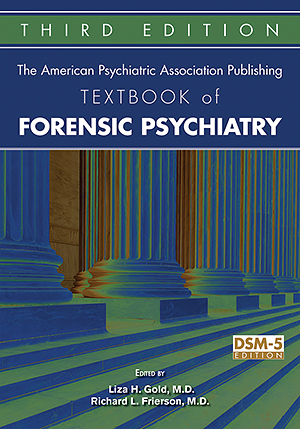Sections
Excerpt
The death penalty has a long and established history, dating back to the eighteenth century b.c. in the Code of Hammurabi, king of Babylon, which codified the death penalty for 25 different crimes. It was also prominent in the Draconian Code of Athens in the seventh century b.c. and in the Roman Laws of the Twelve Tables in the fifth century b.c. (Death Penalty Information Center 2017a). In Great Britain, 288 separate crimes were punishable by death in the eighteenth and early nineteenth centuries under the Bloody Code. However, fewer people were hanged under the Bloody Code than before it (United Kingdom National Archives 2017).
Access content
To read the fulltext, please use one of the options below to sign in or purchase access.- Personal login
- Institutional Login
- Sign in via OpenAthens
- Register for access
-
Please login/register if you wish to pair your device and check access availability.
Not a subscriber?
PsychiatryOnline subscription options offer access to the DSM-5 library, books, journals, CME, and patient resources. This all-in-one virtual library provides psychiatrists and mental health professionals with key resources for diagnosis, treatment, research, and professional development.
Need more help? PsychiatryOnline Customer Service may be reached by emailing [email protected] or by calling 800-368-5777 (in the U.S.) or 703-907-7322 (outside the U.S.).



